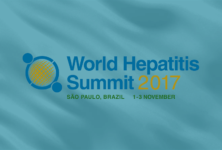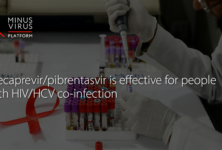The Government of Ukraine has announced that in 2017 it will fully finance from its budget the national opioid substitution therapy programme for people who use drugs, a key population in Ukraine that is at higher risk of HIV infection. Approximately US$ 500 000 will be allocated to enable 8000 people who inject drugs to continue to access the therapy in 2017.
Ukraine has been providing opioid substitution therapy for 12 years with financial support from the Global Fund to Fight AIDS, Tuberculosis and Malaria and technical support from UNAIDS and through key partnerships with civil society organizations. People who use drugs with chronic opioid dependence and participate in the programme receive either methadone-based substitution therapy (tablets or liquid methadone) or buprenorphine tablets. Health-care workers provide daily support and counselling.
UNAIDS estimates there were 16 000 new HIV infections in 2015—220 000 people were living with HIV in Ukraine in the same year.
Quotes
“We have taken a major step forward to increase public funding of HIV and tuberculosis programmes in Ukraine. This is our ideological choice. It’s not just because of Ukraine’s international obligations. We do this primarily for those people who are faced with these serious diseases and need our help.”
Pavlo Rozenko Vice-Prime Minister of Ukraine
“UNAIDS welcomes the decision by the Ukrainian Government, which has the full support of all partners and the All-Ukrainian Network of People Living with HIV. Country ownership and shared responsibility are essential to end the AIDS epidemic as a public health threat.”
Vinay P. Saldanha Director of the UNAIDS Regional Support Team for Eastern Europe and Central Asia
“For the first time in Ukraine’s national AIDS response, its opioid substitution therapy programme will be financed in full from the state budget. This is a titanic achievement of activists, experts and opinion leaders from the international community, government and civil society.”
Dmytro Sherembey Chairman, All-Ukrainian Network of People Living with HIV


 ПОИСК ПО САЙТУ
ПОИСК ПО САЙТУ  поиск по ресурсному центру
поиск по ресурсному центру 



